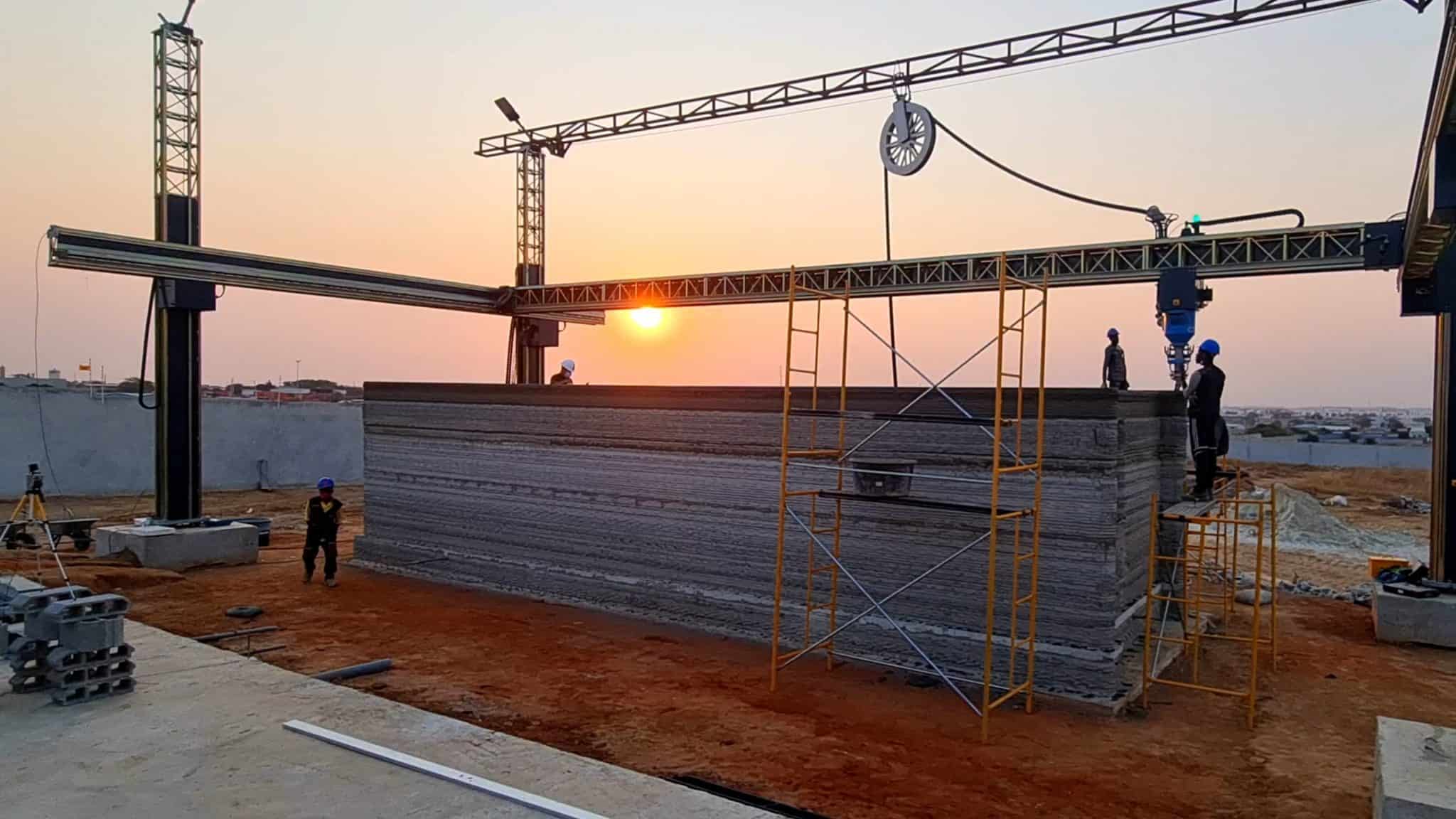Concrete Revolution: 3D Printing Paves the Way for Sustainable Tanks
A significant breakthrough has been achieved in the construction industry with the successful 3D printing of the world's first large concrete tanks. This innovative approach not only paves the way for faster and more efficient construction but also boasts a remarkable 25% reduction in material usage compared to traditional methods.
The pioneering project, undertaken by a team of engineers and construction specialists, utilized a large-scale 3D printer specifically designed for handling concrete. This printer, equipped with a robotic arm and a specialized nozzle, deposits the concrete layer by layer, meticulously following a digital blueprint. The process allows for precise control over the shape and structure of the tank, minimizing waste and ensuring optimal material utilization.
The 3D-printed tanks offer several advantages beyond material savings. The digital fabrication process enables the creation of intricate designs and complex geometries that would be challenging, if not impossible, to achieve with conventional techniques. This opens up new possibilities for the design and functionality of concrete tanks, catering to specific needs and applications.
Furthermore, 3D printing offers significant time savings compared to traditional methods. The automated, layer-by-layer construction eliminates the need for time-consuming formwork and manual casting, potentially reducing construction times by as much as 50%. This translates to faster project completion, lower labor costs, and quicker return on investment.
The successful completion of these 3D-printed tanks marks a significant leap forward in the construction industry, demonstrating the immense potential of this technology. It paves the way for the 3D printing of various concrete structures, from buildings and bridges to pipes and walls. The environmental benefits, particularly the substantial material savings, also make this technology an attractive option for promoting sustainable construction practices.
As research and development in 3D concrete printing continue to advance, we can expect to see further advancements in efficiency, material properties, and the types of structures that can be built using this innovative approach. This technology has the potential to revolutionize the construction industry, making it faster, more efficient, and more sustainable.
Share:

